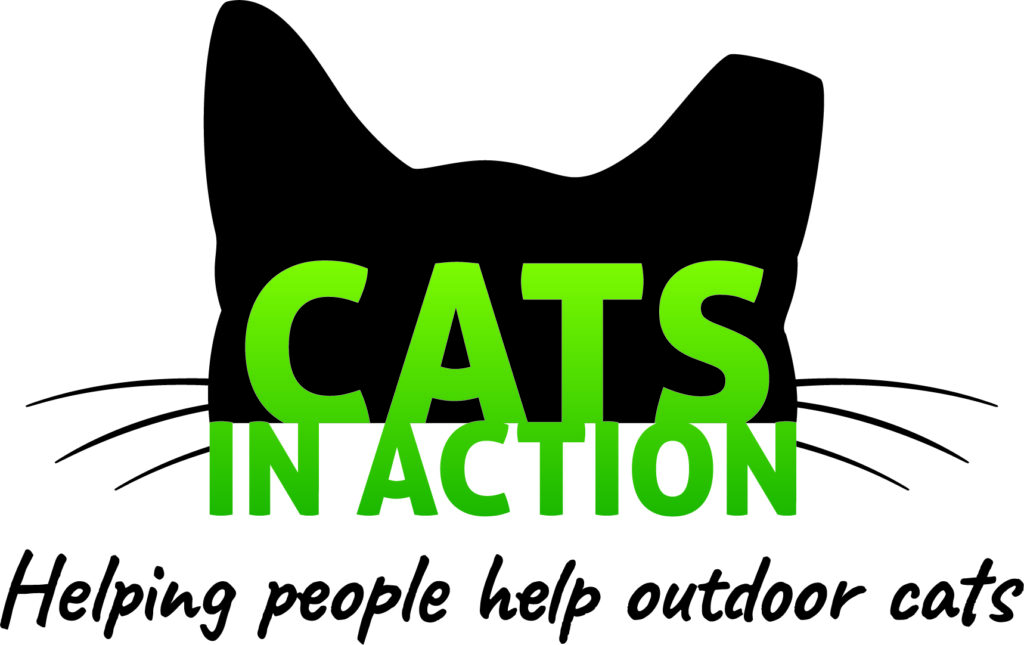Traditional shelters have brick and mortar facilities with adoption floors. They typically have foster homes which act as a feeder system for the shelter, socializing cats and providing medical care to get them ready for the adoption floor. Some traditional shelters place cats in cages while they are awaiting adoption. Others are “cageless” and have rooms where cats are free-roaming and can mingle with other cats.
Shelters can also be ”virtual,” meaning they do not have a building with an adoption floor, but rather are a network of foster homes. Both traditional and virtual shelters can adopt cats directly from foster homes as well as from third-party locations, such as in-store habitats at pet supply stores.


The process of admitting animals into shelters is either “open-intake” or “managed intake.” Open-intake shelters that accept every animal that comes in can become very full, and may have to euthanize animals when they run out of room. Managed-intake shelters, on the other hand, are typically always full and have a waiting list to get in. The term “no-kill” has been used to describe managed-intake shelters. We prefer not to use this terminology, as it can be misleading. For example, Chicago Animal Care & Control partners with over 200 humane organizations to transfer animals out of their facility. Their live outcome rate for cats is about 93%, which is considered “no-kill” status.
If you have an animal to relinquish, it’s not a reasonable expectation that a managed-intake shelter will be able to accommodate you immediately. You will likely have to wait for a spot to open up. While you are waiting, we highly recommend reaching out to a clinic to get the cat sterilized and vaccinated. Providing vetting up front is not only in the best interest of the cat’s health, but will also make it quicker/easier for a shelter to accept him/her. If you are able, offer the shelter a donation.
Shelter List
Below is a list of animal shelters in Illinois, Southern Wisconsin and Northwest Indiana. We update this list as often as we can. If you have any additions or changes, we appreciate your feedback at info@catsinaction.org.

 Wishlist
Wishlist